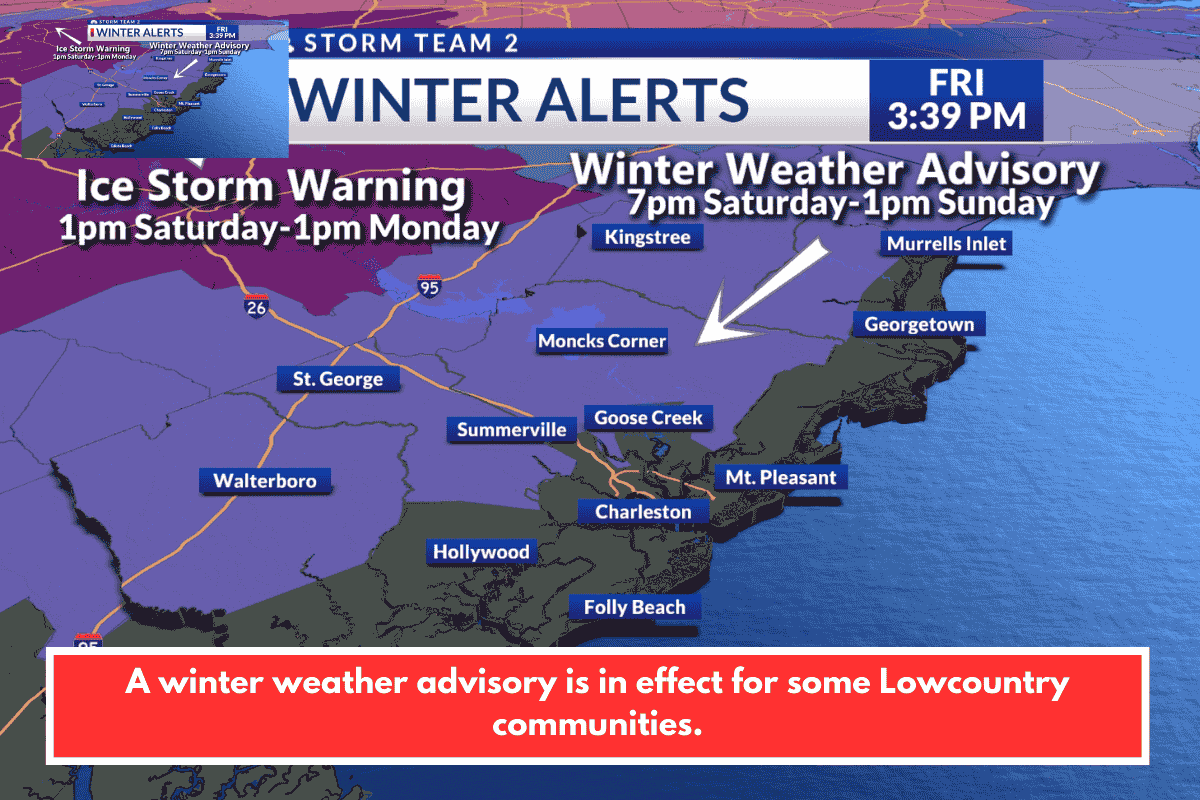As rental markets across the country fluctuate, it’s important for tenants in Kansas to stay informed about their rights and the laws governing rent increases. Whether you’re a long-time resident or a new tenant, understanding the rules surrounding rent increases can help you navigate the rental process and protect yourself from unexpected financial stress.
Here’s what tenants in Kansas should know about rent increases in 2025.
Kansas Does Not Have Statewide Rent Control
Unlike some states, Kansas does not have rent control laws. This means that landlords are generally allowed to increase the rent as much as they want, provided they follow the appropriate procedures. However, the increase cannot be discriminatory or retaliatory.
How Much Notice Must Landlords Give for a Rent Increase?
In Kansas, landlords must provide tenants with written notice of a rent increase. The amount of notice required depends on the terms of the lease:
Month-to-Month Leases: Landlords must provide at least 30 days’ written notice before increasing the rent. This means if you’re on a month-to-month lease, your landlord must inform you at least 30 days before the rent increase takes effect.
Fixed-Term Leases: If you have a lease for a fixed term (e.g., one year), the landlord generally cannot raise the rent until the lease expires, unless the lease agreement specifically allows for rent increases during the term. If it’s allowed, the landlord must still provide written notice according to the terms of the lease.
Rent Increases During Fixed-Term Leases
In Kansas, if you have a fixed-term lease (such as a 12-month lease), your landlord cannot raise the rent until the lease expires unless:
The lease agreement specifies provisions for rent increases during the term.
Both parties agree to an amendment in writing.
It’s important to check your lease terms to understand whether any rent increases are allowed before the lease expires.
Discriminatory and Retaliatory Rent Increases Are Not Allowed
Landlords in Kansas cannot raise the rent for discriminatory reasons. This includes increases based on race, gender, sexual orientation, disability, or other protected categories under federal and state law. Additionally, a landlord cannot increase the rent in retaliation for a tenant asserting their rights (for example, by filing a complaint about poor living conditions).
How to Challenge an Unfair Rent Increase
If you believe that a rent increase is unfair or violates your rights, you may be able to challenge it. Tenants can file complaints with local housing authorities or consult legal resources. In cases of excessive increases or disputes, it’s a good idea to seek advice from a tenant’s rights organization or an attorney who specializes in landlord-tenant law.
Rent Control Options in Certain Areas
While Kansas does not have statewide rent control, some cities may have local ordinances or measures that regulate rent increases for certain types of properties. It’s important to check with your local city or county government to see if any rent control or rent stabilization laws exist in your area.
Rental Market Trends in Kansas
As of 2025, the Kansas rental market is experiencing rising demand, especially in cities like Kansas City, Lawrence, and Topeka. This increase in demand could result in higher rent prices in some areas. However, tenants should remember that while landlords have the legal right to raise rent, the increase must still be reasonable and follow the required notice period.
Tenants Should Be Proactive
As a tenant in Kansas, it’s essential to stay proactive about your rights. Keep track of your lease terms, communicate with your landlord in writing regarding any concerns, and stay informed about local rental laws. If you’re concerned about a rent increase, it’s best to discuss it with your landlord early on and understand any provisions that may apply.
While Kansas doesn’t have statewide rent control, tenants have rights when it comes to rent increases. Landlords must provide proper notice, and tenants cannot face increases that are retaliatory or discriminatory. Understanding your lease, staying informed about local regulations, and seeking help when necessary can help ensure you’re not caught off guard by a rent hike.
SOURCE
[1] https://www.steadily.com/blog/rent-increase-laws-regulations-kansas
[2] https://www.leaserunner.com/laws/kansas-rent-increase-laws
[3] https://housingandcredit.org/wp-content/uploads/2021/01/8RentandLateFees.pdf
[4] https://ipropertymanagement.com/laws/kansas-rent-increases
[5] https://www.steadily.com/blog/how-much-can-a-landlord-raise-rent-in-kansas














